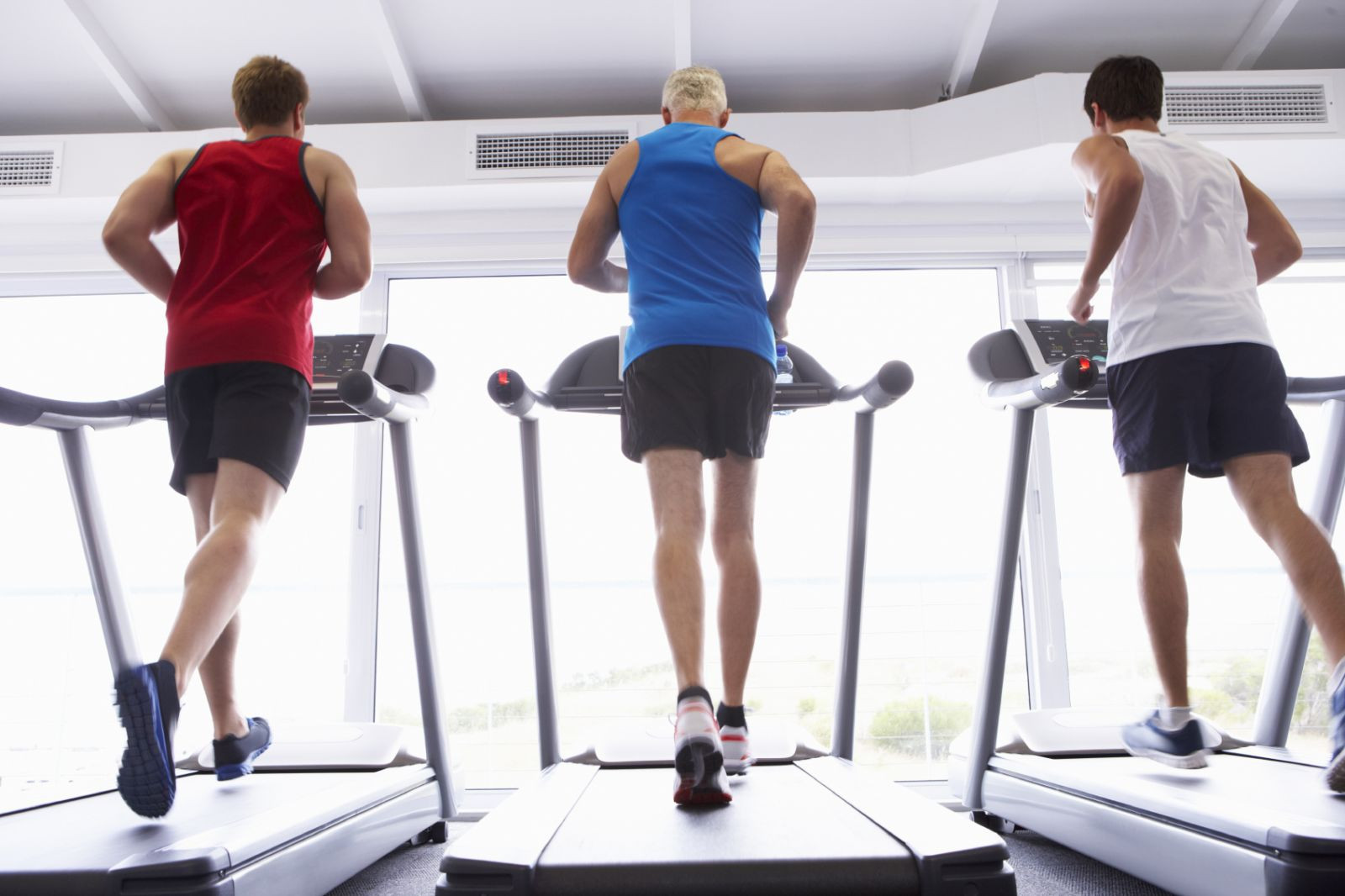

Exercise is any bodily activity that enhances or maintains physical fitness and overall health and wellness. It is performed for various reasons, to aid growth and improve strength, prevent aging, develop muscles and the cardiovascular system, hone athletic skills, weight loss or maintenance, improve health and also for enjoyment. Many individuals choose to exercise outdoors where they can congregate in groups, socialize, and enhance well-being.
The Science of Exercise
- Improved cardiovascular health: Exercise strengthens the heart and improves circulation, which can help to reduce the risk of heart disease, stroke, and high blood pressure.
- Reduced risk of chronic diseases: Exercise can help to reduce the risk of developing a number of chronic diseases, including type 2 diabetes, cancer, and Alzheimer’s disease.
- Stronger muscles and bones: Exercise helps to build and maintain muscle mass and bone density, which can help to reduce the risk of injuries and falls.
- Improved mental health: Exercise can help to improve mood, reduce stress, and boost self-esteem.
- Increased longevity: Studies have shown that people who exercise regularly live longer than those who do not.
How Exercise Improves Health Longevity
Exercise improves health longevity by reducing the risk of developing chronic diseases and improving overall health and fitness. When you exercise, your body releases hormones that have a number of beneficial effects on health, including:
- Reduced inflammation: Inflammation is a major risk factor for many chronic diseases. Exercise helps to reduce inflammation throughout the body.
- Improved insulin sensitivity: Insulin is a hormone that helps the body to use glucose for energy. Exercise improves insulin sensitivity, which can help to prevent type 2 diabetes.
- Increased cell turnover: Exercise stimulates the production of new cells and helps to remove old, damaged cells. This can help to keep the body healthy and protect against disease.
How Physical Exercise Affects Health and Wellness
Physical exercise affects health and wellness in a number of ways, including:
- Improves cardiovascular health: Exercise strengthens the heart and improves circulation, which can help to reduce the risk of heart disease, stroke, and high blood pressure.
- Reduces the risk of chronic diseases: Exercise can help to reduce the risk of developing a number of chronic diseases, including type 2 diabetes, cancer, and Alzheimer’s disease.
- Maintains a healthy weight: Exercise can help to burn calories and maintain a healthy weight.
- Reduces stress: Exercise can help to reduce stress levels and improve mood.
- Improves sleep quality: Exercise can help to improve sleep quality.
Conclusion
Exercise is one of the best things you can do for your health, longevity, and well-being. It is important to find an activity that you enjoy and that fits into your lifestyle. If you are new to exercise, start slowly and gradually increase the intensity and duration of your workouts over time.














Leave a Reply
Be the First to Comment!
You must be logged in to post a comment.
You must be logged in to post a comment.